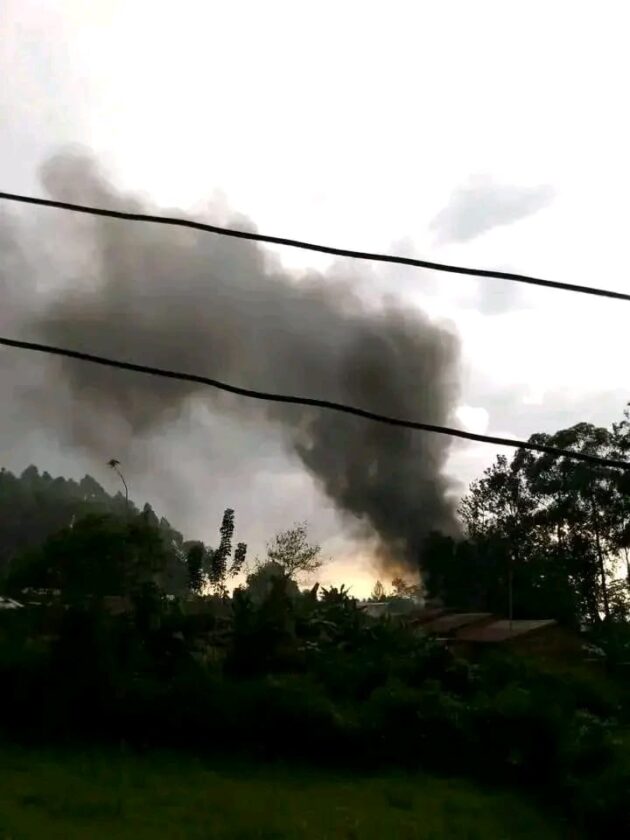
Nairobi, Kenya – Tatu City, a major foreign investor in Kenya, has accused Kiambu County Governor Kimani Wamatangi of attempting to extort KES 4.3 billion (USD 33 million) in land. Rendeavour, the developer behind Tatu City, made these allegations during a press conference on Thursday.
Preston Mendenhall, Chief Operating Officer and Kenya Country Head at Rendeavour, stated, “Governor Wamatangi has illegally demanded free land in return for approving Tatu City’s new Master Plan. This harms Kenya’s investment climate and job creation.”
Allegations and Impact
The company claims that Governor Wamatangi has delayed the approval of Tatu City’s Master Plan for over 18 months, seeking to seize more than 40 acres of land, including land for his own residence. This delay, according to Tatu City, has cost the county and country over KES 16 billion (USD 125 million) in potential investment and 4,500 jobs.
During the press conference, Tatu City presented a letter titled “Pending Issues” from Salome Wainaina, County Executive Committee (CEC) Member for Lands, Housing, Physical Planning, Municipal Administration, and Urban Development. The letter, dated April 16, 2024, demands that Tatu City surrender the land as a condition for approving the Master Plan.
Tatu City’s Position
Tatu City emphasized there is no legal basis for such a demand without compensation. The Master Plan already allocates 103 acres for public amenities, complying with urban planning standards. The Kenyan Land Act mandates fair compensation for any public land acquisition.
Despite meeting all requirements, the approval has been blocked by Governor Wamatangi and CEC Wainaina, Mendenhall stated.
Call to action
Tatu City urged Governor Wamatangi to stop interfering and called on the CEC to issue a no-objection letter for the revised Master Plan. The company highlighted its contributions to Kenya’s economy, including creating over 20,000 jobs since 2021 and attracting KES 385 billion in investments.
The ongoing projects, such as housing, schools, and businesses, have significantly boosted local employment and services, including a 5,000-seat call center and logistics facilities enhancing food and medicine security.
The allegations against Governor Wamatangi raise concerns about political interference’s impact on foreign investments and economic development in Kenya.







